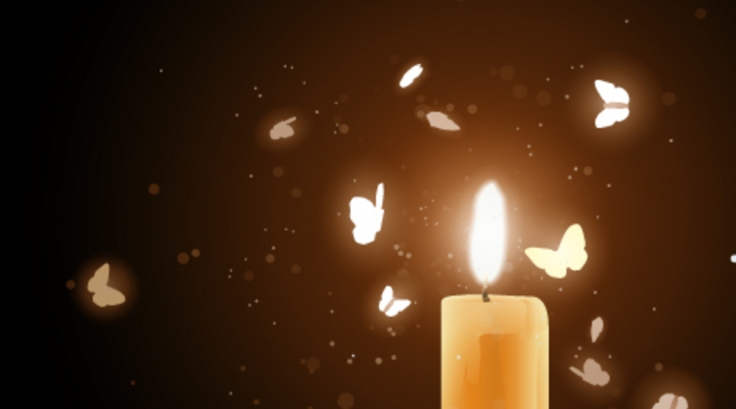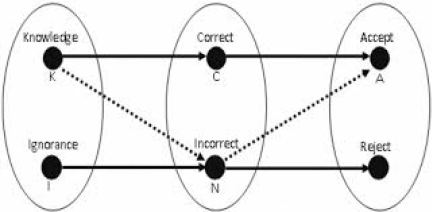
A] Choose the mountain you want to climb: don’t pay attention to what other people say, such as “that one’s more beautiful” or “this one’s easier”. You’ll be spending lots of energy and enthusiasm to reach your objective, so you’re the only one responsible and you should be sure of what you’re doing.
B] Know how to get close to it: mountains are often seen from far off – beautiful, interesting, full of challenges. But what happens when we try to draw closer? Roads run all around them, flowers grow between you and your objective, what seemed so clear on the map is tough in real life. So try all the paths and all the tracks until eventually one day you’re standing in front of the top that you yearn to reach.
C] Learn from someone who has already been up there: no matter how unique you feel, there is always someone who has had the same dream before you and ended up leaving marks that can make your journey easier; places to hang the rope, trails, broken branches to make the walking easier. The climb is yours, so is the responsibility, but don’t forget that the experience of others can help a lot.
D] When seen up close, dangers are controllable: when you begin to climb the mountain of your dreams, pay attention to the surroundings. There are cliffs, of course. There are almost imperceptible cracks in the mountain rock. There are stones so polished by storms that they have become as slippery as ice. But if you know where you are placing each footstep, you will notice the traps and how to get around them.
E] The landscape changes, so enjoy it: of course, you have to have an objective in mind – to reach the top. But as you are going up, more things can be seen, and it’s no bother to stop now and again and enjoy the panorama around you. At every meter conquered, you can see a little further, so use this to discover things that you still had not noticed.
F] Respect your body: you can only climb a mountain if you give your body the attention it deserves. You have all the time that life grants you, as long as you walk without demanding what can’t be granted. If you go too fast you will grow tired and give up half way there. If you go too slow, night will fall and you will be lost. Enjoy the scenery, take delight in the cool spring water and the fruit that nature generously offers you, but keep on walking.
G] Respect your soul: don’t keep repeating “I’m going to make it”. Your soul already knows that, what it needs is to use the long journey to be able to grow, stretch along the horizon, touch the sky. An obsession does not help you at all to reach your objective, and even ends up taking the pleasure out of the climb. But pay attention: also, don’t keep saying “it’s harder than I thought”, because that will make you lose your inner strength.
H] Be prepared to climb one kilometer more: the way up to the top of the mountain is always longer than you think. Don’t fool yourself, the moment will arrive when what seemed so near is still very far. But since you were prepared to go beyond, this is not really a problem.
I] Be happy when you reach the top: cry, clap your hands, shout to the four winds that you did it, let the wind – the wind is always blowing up there – purify your mind, refresh your tired and sweaty feet, open your eyes, clean the dust from your heart. It feels so good, what was just a dream before, a distant vision, is now part of your life, you did it!
J] Make a promise: now that you have discovered a force that you were not even aware of, tell yourself that from now on you will use this force for the rest of your days. Preferably, also promise to discover another mountain, and set off on another adventure.
K ] Tell your story: yes, tell your story! Give your example. Tell everyone that it’s possible, and other people will then have the courage to face their own mountains.
IN “LIKE A FLOWING RIVER” (EBOOK) by Paulo Coelho

Like this:
Like Loading...

















 I was jogging this morning and I noticed a person about half a km ahead. I could guess he was running a little slower than me and I felt good, I said to myself I will try catch up with him.
I was jogging this morning and I noticed a person about half a km ahead. I could guess he was running a little slower than me and I felt good, I said to myself I will try catch up with him.





You must be logged in to post a comment.